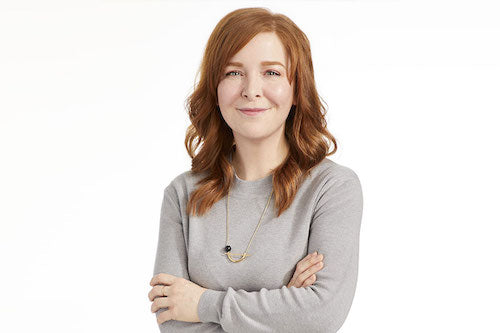For some of us, the work/family/relationship/home spheres used to be distinct. Now, the Venn diagram of our lives consists of one big circle: Home is where we meet with our bosses, catch up with family, gossip with friends, and prepare chickpeas in seemingly endless ways. And even if you’ve been deemed “essential,” there’s still a good chance that you, too, are feeling the lines between your spheres getting fuzzy. The blurring of boundaries is only one problem the current state of the world has created, but it’s an issue that can chip away at our overall sense of wellness, both in body and mind. So we asked psychologist Marni Amsellem to weigh in on ways to nurture your boundaries — and how to tell when they need an adjustment.
Generally, it means the differentiation between roles, responsibilities, or activities.
Lots of employers have been flexible with how their employees get tasks done, which is phenomenally supportive. However, the downside is the blurring of boundaries between work and personal time. If you're needing to log your child into their online class, or suddenly change diapers in the middle of the day, that might mean working whenever you can find time — which might be late at night or very early in the morning. If you live in a small space with roommates or a partner, with both of you trying to make calls at the same time, there’s more negotiation to be done. Also, lots of people are living with multiple generations under one roof and not leaving the house much, so there’s more potential for friction.

The short-term adjustment period was fairly simple. It's sort of like cramming for a test in college — you can make something work for a brief period of time if need be. But it’s more complicated to figure out what’s sustainable in the longer term, especially after pressure starts to build. Burnout is a big symptom — that feeling of being distracted and worn-down.
Ask yourself what you can do differently. Can you restructure your day to allow room for breaks? Take a solo walk outside every day? And if you can’t actually go anywhere on vacation, think about trying to replicate the elements of vacation that feel relaxing to you. Is it connecting with nature? You can do that now. Is it disconnecting for a bit? Maybe you could stay off social media for a designated time and honor yourself that way. In some ways, it may even be less stressful than traveling, since you’re skipping all the flights and reservations. And since novelty is something we don’t get much of right now, this might be the time to try the hobbies that’ve been on your rainy-day list forever: painting, learning the guitar, making a photo album.
If you live in a small space, try something as simple as facing your desk in a certain direction and mentally labeling that view as “work.” Or even something like, “This part of the couch is where I watch TV, and this part is where I use my laptop.” Creating boundaries and solidifying new routines helps to nourish us, build our resilience, and help us maintain the energy we need.
Definitely — especially if they’re trying to juggle dependent people in their lives with their previous schedules. It’s a work in progress. But yes, people everywhere are feeling this right now. In that respect, we are all very much going through this together.

